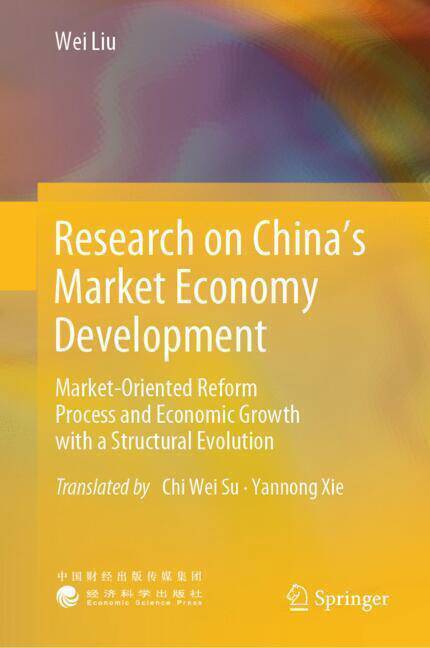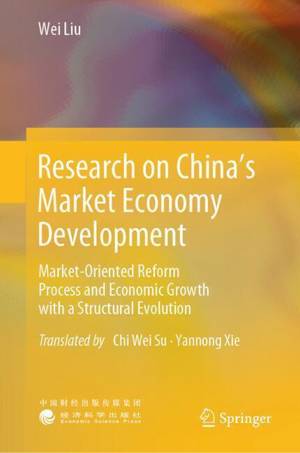
- Retrait gratuit dans votre magasin Club
- 7.000.000 titres dans notre catalogue
- Payer en toute sécurité
- Toujours un magasin près de chez vous
- Retrait gratuit dans votre magasin Club
- 7.000.0000 titres dans notre catalogue
- Payer en toute sécurité
- Toujours un magasin près de chez vous
Research on China's Market Economy Development
Market-Oriented Reform Process and Economic Growth with a Structural Evolution
Wei LiuDescription
This book first analyzes the institutional changes and historical value orientations brought about by China's economic reforms and then explores the justice and progressiveness of changes in social production relations, as well as the uniqueness of economic growth and macro control in China's institutional changes. It further delves into the effectiveness and qualitative improvement during the growth process, including the evolution of structural height, the formation of structural benefits, and the improvement of factor productivity and input-output efficiency. Finally, the book dissects the systemic motivation of China's economic growth and development and proposes the requirements for systemic changes to achieve sustainable development. The main innovation of this book lies in revealing the basic driving factors of the debate on the justice of institutional change from the perspective of value theory, deepening the understanding of China's reform and development experience, and emphasizing the importance of economic growth structure efficiency and total factor efficiency.







